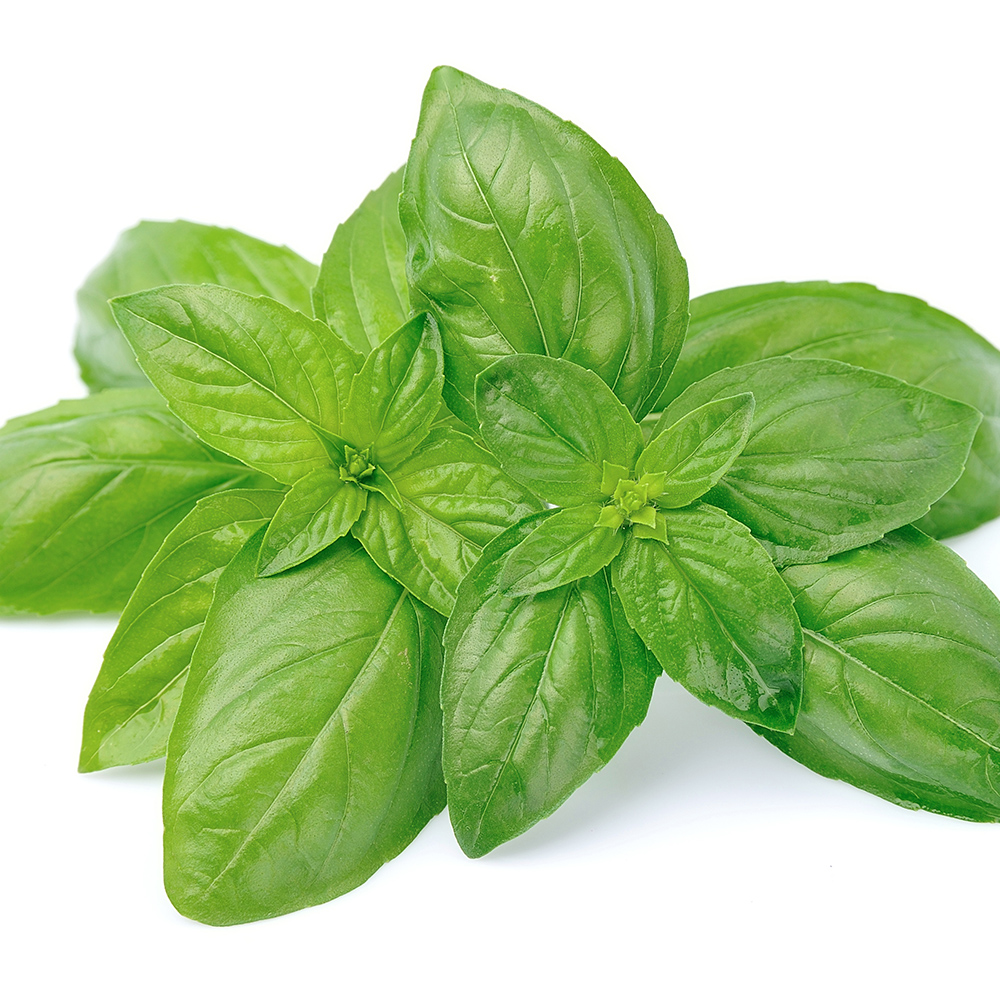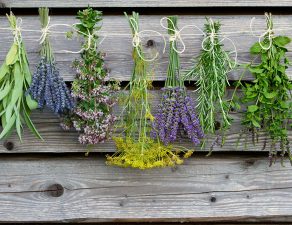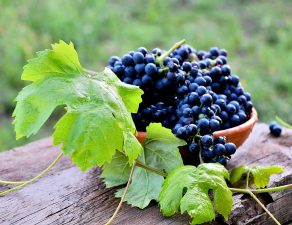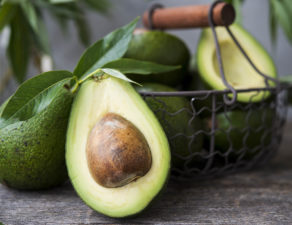
Talk to any foodie or experienced cook about their favorite herbs, and basil is sure to receive an honorable mention. Basil is highly versatile, adding a delicious flavor to an enormous variety of dishes. But one reason basil is so useful is that there are so many different types of it! You might be planning to grow basil in your garden this spring, but researching it first will help you choose the type that will best suit your needs.
Genovese. This is one of the most common sweet basil varieties, and probably the one that is most familiar to you. Genovese Basil is used in Italian cuisine like sauces, soups, and pesto.
Thai. Thai Basil infuses dishes with a spicy flavor, like anise and cloves. It’s a must for your garden if you enjoy cooking Thai food, or similar cuisine, at home.
Spicy globe. This variety adds a spicy flavor to salads, pastas, and pesto’s. It isn’t spicy the way a pepper is spicy, though, so don’t be afraid of it!
Dark Opal. These basil leaves are a deep purple color, so you might choose this variety for the hues it adds to arrangements (or to your garden in general). However, Dark Opal Basil also lends a spicy touch to salads, garnishes, and pesto.
Lime. Lime Basil is what it sounds like. Its lime flavor provides a terrific touch to fish or chicken recipes, and you can even infuse it into a syrup to be used in margaritas.
Lemon. Like Lime Basil, Lemon Basil tastes exactly as the name implies. It also makes a good addition to chicken or fish dishes, and can be used in salads. On a hot summer day, throw a sprig into a glass of cool iced tea.
Holy. Holy Basil is revered by many Hindus, due to its immune boosting properties. If natural plant medicine is your thing, try infusing Holy Basil leaves in a tea.
These are just some of the more common varieties of basil. While they each carry a unique flavor, most are relatively easy to grow and harvest. Prune a few leaves from the tops of your plants regularly, to keep them healthy and encourage more growth. And as always, provide your plants with the sun and water conditions specific to their needs. They will thank you!









Write a comment: